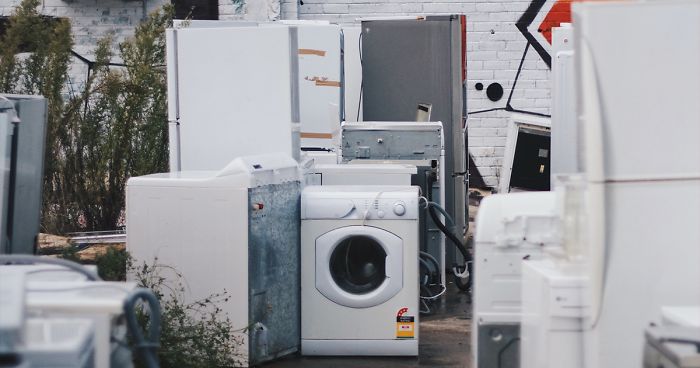
EU Enacts 'Right To Repair' Laws In An Attempt To Go Greener That Will Make Fixing Appliances Easier
Europe has been making steady steps towards a greener future for over 40 years now. Over that time, the EU has tackled a number of issues, like reducing greenhouse gas emissions and waste generation.
The European Commission’s latest green step forward is the regulation regarding ecodesign requirements. It aims to impose rules on household electronics manufacturers to design and produce more repairable (and thus more long-lasting) appliances.
Bored Panda got in touch with Paolo Falcioni, Director General at the APPLiA Europe Trade Association, and Chloé Fayole, Programme & Strategy Director at the ECOS Environmental Organisation For Standardisation, to comment on the topic.
More info: European Commission
The European Commission has enacted a regulation to push away the “throwaway” consumerism culture
Image credits: Janaya Dasiuk
The European Commission has a list of priorities that include the energy efficiency principle. This covers—among many other things—the push towards designing more repairable and thus more sustainable electronics for the European household consumer markets.
The EC’s new “Regulation laying down ecodesign requirements” dated 1 October 2019 covers a number of the most common household electronics. This includes refrigerators, light sources, electronic displays, dishwashers, washing machines, and a number of other appliances.
Considering that recycling has been around for a while, Chloé Fayole agrees that this regulation is overdue: “While circular economy has been the buzzword at the EU for the past five years, most of the political capital has so far been spent discussing product end of life. Regrettably, very little attention has been paid to such other crucial elements as repair and reuse—both of which can only be achieved by rethinking the way we design and use our products.”
Paolo Falcioni explains, however, one cannot rush the legislative process, especially since repair is not an impossibility: “Good legislation should never make compromises with time. The recently approved ecodesign regulations for products are a step in the right direction, for consumers and for the environment. In numbers, 81% of appliances in need of a fix result in actual repair: a self-explanatory figure that tells a lot on how much products are already repairable.”
Image credits: Janaya Dasiuk
“With these new rules, the Commission has put consumers’ safety first, ensuring that safe use within the home is always a priority,” continues Falcioni. “Repairing products and using spare parts requires technical skills that people like us cannot be assumed to have. This is why, when in need of repair, we should always refer to professional repairers and APPLiA’s Manifesto has been advocating for that.”
With this new regulation, the European Commission aims to reduce CO2 output and to save energy and water. More specifically, it is estimated that there will be over 46 million tons less CO2 put out into the atmosphere—this is on top of every other EU initiative that reduces carbon dioxide emissions.
Moreover, the EC estimates that it will manage to save 167 TWh on final energy per year by 2030. In context, this is roughly how much energy Denmark consumes annually.
“Right to Repair” rules apply to a number of appliances like washing machines, fridges & electronic displays
Image credits: Bryan Alexander
Water consumption is calculated to drop by up to 727 million cubic meters per year by 2030 because of washing machines and dishwashers alone. In total, the average European household will be able to save around €150 per year.
According to this new law, manufacturers will be obligated to have spare parts readily available for 7 to 10 years after the purchase of the product. Moreover, all parts will have to be designed in a way that would allow any repairer to fix them using common tools and without damage to the appliance.
But how will this affect the overall technological markets and economy? Falcioni reassures that this move will certainly outweigh any drawbacks: “The new measures bring minimum requirements to create a fair competition for all businesses and this is definitely a positive development.”
“We see that the new European Commission has put sustainability high on the agenda and the new rules have the potential to boost the Circular Culture we advocate for,” continues Falcioni. “What we would like to see now is market surveillance authorities that are ready to coordinate the implementation process and make sure that all players are compliant with the law.”
Chloé Fayole adds some specifics as to how things will change: “Not only would we expect to see changes in terms of business models, but also increased innovation in and competition over durability and repairability of devices. This would, at last, enable consumers to make informed choices about their purchases, and weighing in on such important considerations as expected product lifetime, ease of repair, and overall sustainability in terms of impacts on the environment.”
The new regulation builds upon the Ecodesign Framework Directive & the Energy Labelling Framework Regulation
Image credits: European Commission
The “right to repair” regulation builds upon the Ecodesign Framework Directive and the Energy Labelling Framework Regulation, the latter of which is a common sight for Europeans. Eurobarometer studies show that 93% of Europeans recognize the energy labeling immediately and for 79% it was the deciding factor for purchasing the appliance.
Even though the ecodesign regulation applies to products made for the EU markets, the EC says that it is an example for other countries as they often model regulations after the EU. For example, California is the newest of the 20 US states to consider adopting similar “right to repair” legislature.
When asked about what other products should we expect the EC to include in the ecodesign regulation, Paolo Falcioni explained the following: “The regulation takes a product-by-product approach. As you have seen, it is starting with some of the most relevant products to consumers—refrigerators, washing machines, washer-dryers, and dishwashers. Another set of products is already under revision and we would expect that the European Commission maintains a coherent approach when building new legislation.”
Chloé Fayole explains that even though this is a huge step forward for the EU with regards to sustainability, it is by far one of the biggest and most daunting challenges as well: “A whole list of other products will need action, starting with the previously ignored consumer electronics sector. This includes addressing the shockingly short lifespan of smartphones today, but also durability and reparability of computers, printers and other smart devices.”
“In addition,” further explains Fayole, “we would also expect the focus of the new regulatory activity to address additional elements, which include the introduction of a mandatory reparability score as part of the existing EU energy label, as well as EU action in limiting the cost of repair and access to spare parts and manuals by all and not just professional repairers.”
The regulation aims to save 167TWh of energy & 727M cubic meters of water per year by 2030.
Image credits: Dejan Krsmanovic
This is only the beginning of the great “Right To Repair” regulation—it still begs a lot of discussions, let alone work. However, the future seems to be bright:
“It remains to be seen if the right to repair laws adopted in October mark a genuinely watershed moment for the EU, for that requires a sustained effort in keeping up the momentum and increasing rather than diluting our level of ambition,” says Fayole. “The upcoming considerations by the European Commission on how best to address the energy-guzzling and currently hardly reparable TV cable boxes, printers, and game consoles present an excellent test case for evaluation. We are hopeful that the European policy-makers will listen to citizens across the continent who demand action, because making the right to repair too little too late simply cannot be afforded.”
North America needs similar legislation. Appliances here are getting lower and lower quality.
Hear, hear! "Planned obsolescence" needs to die.
Load More Replies...I can’t tell you how many times I’ve had to buy a whole new appliance for no other reason than I could no longer find that one (really cheap and easy to install) part that always seemed to break first on the old one—-and with which I could’ve kept it running forever. Planned obsolescence is nothing more than unnecessary waste and pollution.
I got a washing machine that needs a pump. Can't get one
Load More Replies...North America needs similar legislation. Appliances here are getting lower and lower quality.
Hear, hear! "Planned obsolescence" needs to die.
Load More Replies...I can’t tell you how many times I’ve had to buy a whole new appliance for no other reason than I could no longer find that one (really cheap and easy to install) part that always seemed to break first on the old one—-and with which I could’ve kept it running forever. Planned obsolescence is nothing more than unnecessary waste and pollution.
I got a washing machine that needs a pump. Can't get one
Load More Replies...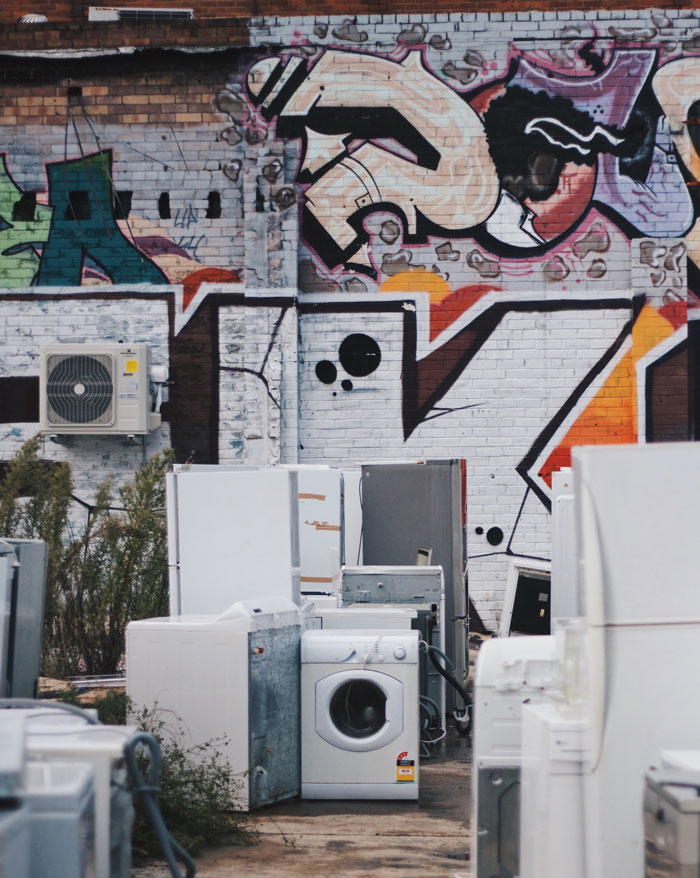
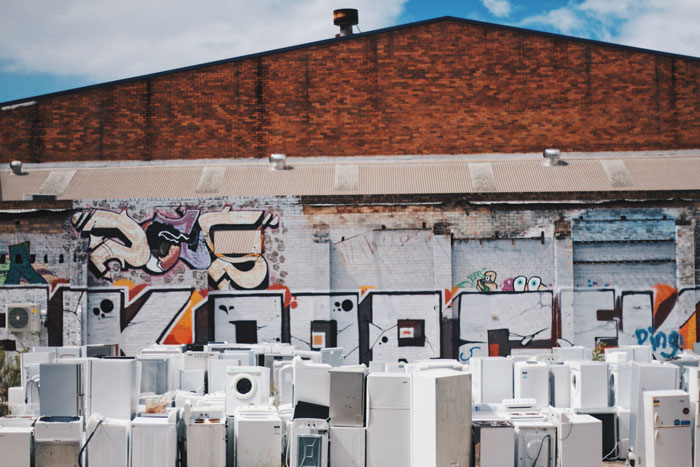

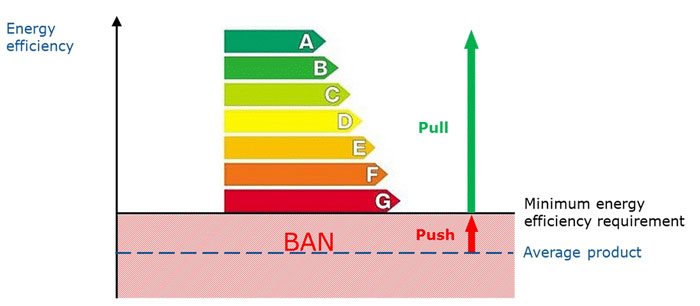
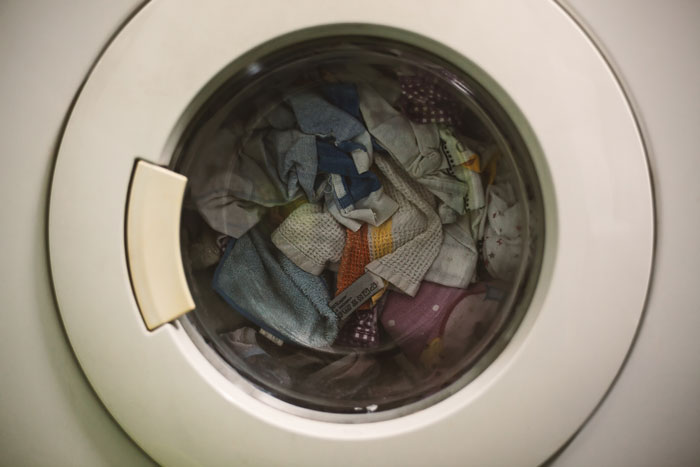



179
24